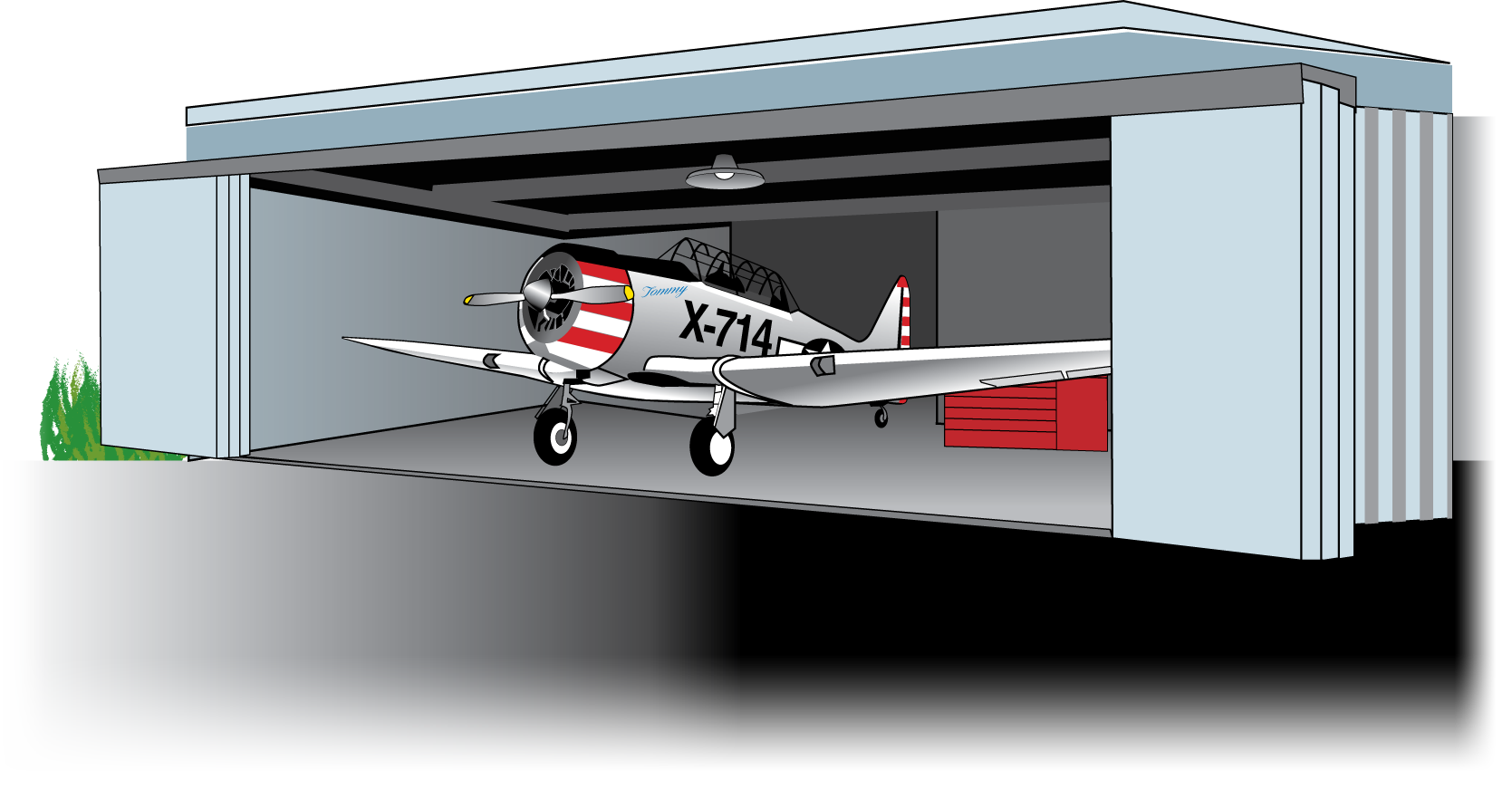
Flight, A Balancing Act
Part 6 – Getting a Lift from FLAPS
(parts 1 – 5 from the EAA Special Series can be found below)
We have discussed all the parts of an aircraft, Tommy to be exact, that help to control and balance an aircraft in flight. They all move in two directions. Controlled by the control stick or the rudder pedals. Now we will discuss the Wing Flaps and their use in both slowing Tommy down, and giving him the added “lift” he needs to slow down for a smooth, safe landing.
EAA AirVenture 2018 Special Series
Flight, A Balancing Act
Part One
We have discussed how Tommy’s wing keeps him aloft and how his radial engine spinning his propeller pulls him through the air. But we have not discussed the need to Balance Tommy and how the flight controls work to make this happen. We also need to talk about Weight & Balance.
Flight, A Balancing Act
Part Two – A Matter of Weight and Balance
In part one Captain Billy went over the general points of Flight Balance. In part two we discuss loading Tommy to fit into his proper center of gravity.
Every aircraft wing is built with a major component called a Wing Spar. It is located along the length of the wing from tip to tip, and passes through the Fuselage, or body, of the aircraft.
Flight, A Balancing Act
Part Three – A Matter of Pitch Control
No, Captain Billy is not playing baseball. In the previous article we discussed Weight and Balance and how it affects the flight of the aircraft. Now, let’s talk about Pitch.
Located on the tail of the aircraft, or Empennage, is the Horizontal Stabilizer. The stabilizer is what is called a “fixed control surface,” meaning it does not move.
Flight, A Balancing Act
Part Four – YAW, It’s a Right-Left Thingy
We have discussed the weighty part of Tommy, and then the ups and downs. Now for a discussion on that part of the tail that sticks up on the rear of the Empennage. The fixed portion, or Vertical Stabilizer, and the moveable part, the Rudder.
Flight, A Balancing Act
Part Five – Let’s ROLL into Ailerons
In this last part of our series on flight controls, we will discuss the Ailerons. These are located on the trailing (back) edge of the wing near the tip. They control Tommy about the Longitudinal Axis, or an imaginary line drawn through the center of the aircraft
MERRY CHRISTMAS!
At this time of year, the crew here at Tommy’s Hangar, Captain Billy, David and Laura, want to wish all of you a Blessed Christmas and a Happy New Year.
How Does Tommy Fly?
Tommy flies because of two things. One is the engine, which provides the thrust, or force, to move him forward. We will discuss that more in another “Tommy’s Hangar” post. The second thing is the wing that provides the lift so that Tommy can leave the ground and fly.
READ MORE>
The Propeller
Just like Tommy’s wing, the propeller on his 550 Horsepower (HP) Radial Engine is also an airfoil. A rotating airfoil. When rotating, it provides the thrust, like the lift on the wing, to pull Tommy through the air.
READ MORE>
Tommy’s Powerplant – How Does a Radial Engine Work?
We have discussed how Tommy flies. How his wing ‘Lifts’ and his propeller provides ‘Thrust’ to ‘Propel’ him forward. But, without his Radial Engine to spin the propeller to pull him through the air so that his wing can lift him into the air, Tommy would just be a ground bound display aircraft.
So, let’s talk about the powerplant.
READ MORE>
Tommy Merchandise
Buy Tommy Merchandise such as keychains, backpacks, water bottles and stickers in our Café Press store.
Join Tommy’s Hangar
to receive special updates, exclusive illustrations, and other fun things exclusive to members!
